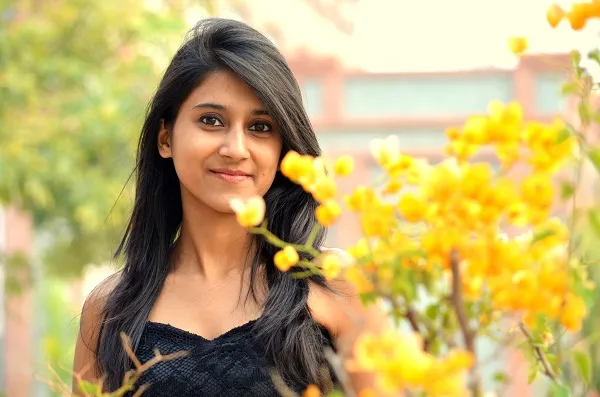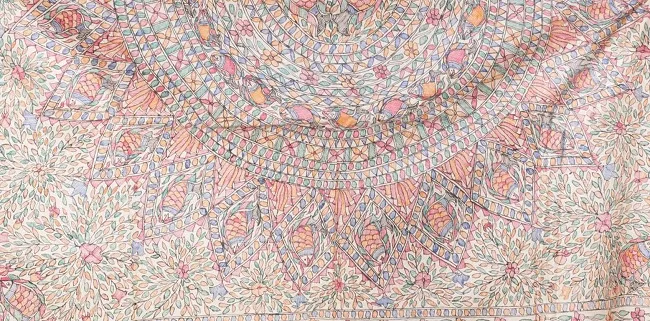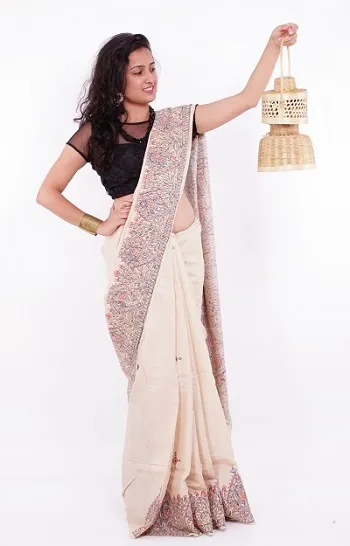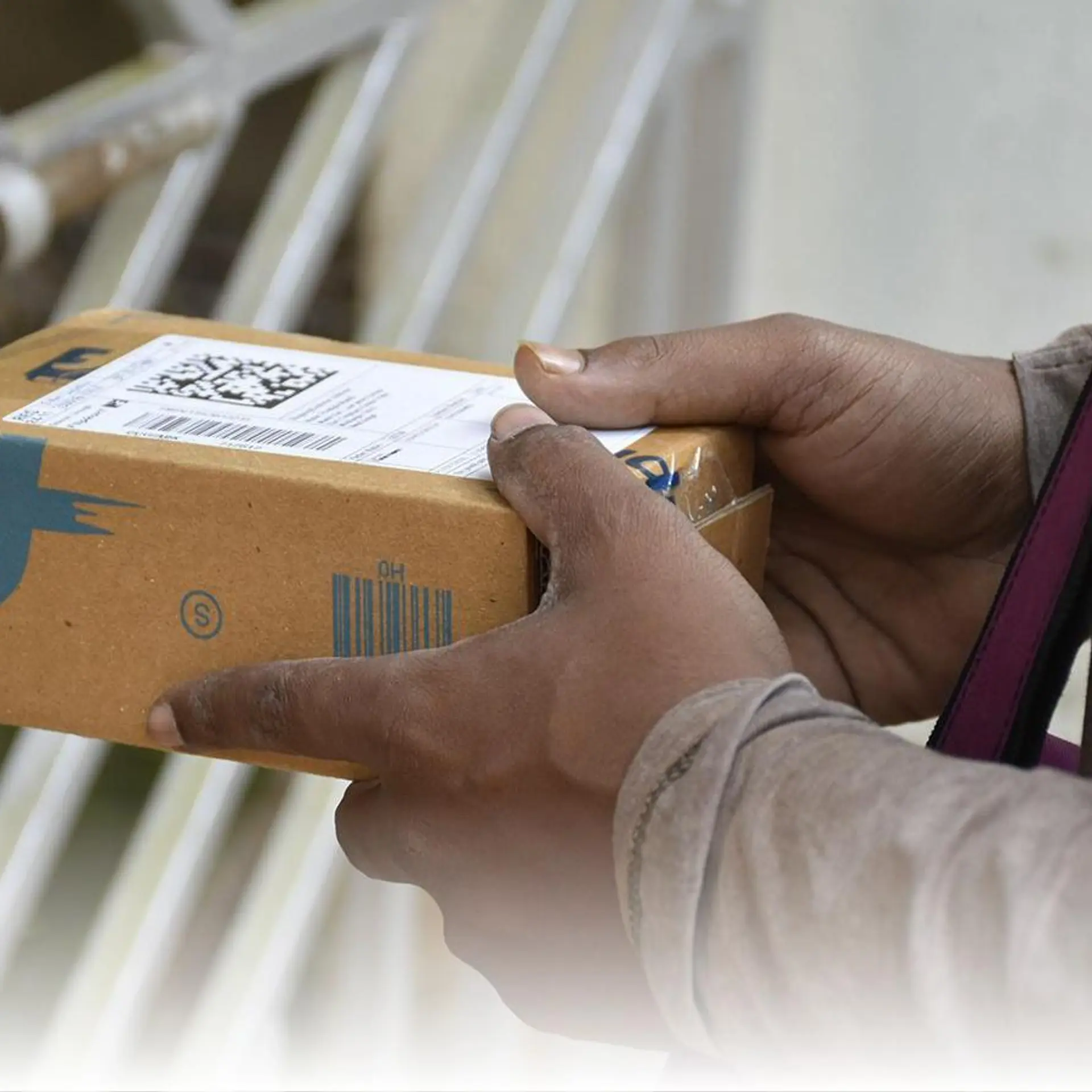How Indofash plans to breathe new life in the age old Indian weaving industry
Pallavi Mohadikar’s grandfather was a weaver from Vidarbha. Her childhood was spent swathed in yarns of indigenous Indian weaves, watching him spin beautiful Tussar silks from mere threads. So even after earning impressive pedigrees (an engineering degree followed by an MBA from IIM Lucknow), when she decided to become an entrepreneur, she went back to her roots and started up with Indofash. Indofash is an e-commerce portal that stocks the passions and livelihoods of grass root Indian weavers and artisans, in the form of the clothing they create, and makes it accessible to urban buyers from all over the country.

An electronics and communication engineer, Pallavi was working with an IT firm for two years before going on to get her MBA. It was here that the first seeds of entrepreneurship were sown. “When I joined IIM Lucknow and went to explore the local market with my dad, I was mesmerised to see so many varieties of Chikankari (delicate white thread hand embroidery native to the state). In the year the followed, I studied the market closely. I met hundreds of artisans and tried to get a hang of the supply chain. I realized that a stamp of authenticity and reach to larger audience is what these artisans lack. Hence I thought of creating a brand which would vouch for the authenticity of these arts and make them available to people across India. And that was the Eureka moment,” she exclaims.
In retrospect it is easy to see how her mesmerism with the works of the Chikankari artisans connected seamlessly with her childhood memories of the Vidarbha weavers, but the connection was not apparent to Pallavi at the time. Post IIM she began working with Goldman Sachs, a stint that lasted only nine months. “I hail from a middle class family. After graduation, my parents had a lot of expectations from me. To convince them that leaving a hefty paying job, I want to do something of my own was a difficult task. But now they are very happy,” she beams.
Once Pallavi went beyond the aesthetic appeal of Chikankari weaves, she began to reflect on the deeper ties that drew her to these age old arts. “When I was interacting with these hundreds of artisans whose livelihoods depended upon this craft, I realized that they are practicing it for generations and are immensely proud of the legacy. I know that I have always been inspired by my grandfather’s passion and drive towards his art of weaving.

This set me thinking that in such a diverse country like India, there would be so many other arts hiding in every corner which we all are not aware of. Because of huge industrialization, they are fading away with time. But I believe they are a beautiful facet of Indian culture. Each art has a unique and fascinating story behind it which our generation is totally unaware of. Indofash is a humble attempt to rejuvenate these arts which define Indian fashion in a true way.”
For Pallavi the core of Indofash is the firm’s relationship with the weavers. “It is a commercial relationship naturally. But there is a lot of personal touch to it. We give them their due credits and monetary benefits while we gain access to highest quality authentic products. By ensuring that they can sustain their livelihood in today’s cut throat commercial terrain, I feel proud about my contribution to keeping this heritage alive.”

In addition, Pallavi is experimenting with textiles and craft forms by fusing together production styles from geographically opposite regions. “We add our own value by creatively combining these arts together. For example, we have Karnataka’s mulberry silk saree with delicate Lucknowi Chikankari embroidery on it. That was the inception of concept of Indofash’s fusion line named Indofusion.” The experimentation is in its nascent stage, but she is brimming with excitement and ideas regarding its potential. Pallavi says, “Indofusion is going to create ripples in markets. Western silhouettes using Indian fabrics, prints and weaves would be very exciting to flaunt!”In a market saturated with e-commerce players, Pallavi finds customer acquisition and retention to be Indofash’s biggest challenges. “The upside is that the end customer has now got the hang of online shopping. They are well informed and want to try out new trends and styles which makes it comparatively easier to gain a share of their wallet.”
On her plans of scaling, Pallavi comments, “Online store is only one of the mediums that we have chosen to focus on now for all the benefits it has to offer. We intend to expand into other mediums/channels as well in near future to create a strong global presence. The only bottleneck is dearth of funds which we intend to raise through investments soon."
The dearth of funds is not a dampener on her enthusiasm. “Because of accelerating internet penetration, the addressable market is growing at a fast rate in India. The biggest value e-commerce has to offer is the ‘convenience’ and ‘choice’. All the players are trying to be as creative as possible to enhance the overall customer experience. This market is very much prone to disruption and we intend to bring one!”
Indofash is bootstrapped with her own capital investment. As for the question of competitors, Pallavi says, “We look at Fab India as the bench mark but we are trying to create a niche for us by offering a wide variety of unique contemporary designs and western silhouettes using Indian fabrics and prints through our indo-fusion range.”
The milestones that have come her way are encouraging. She says, “We started full time operations from March 2015. The first milestone was to form a team with complementary skill sets. Secondly, we have overdone ourselves in terms of sales target set so far and we are overwhelmed by the customer response. Our customers send us video testimonials from across the globe! People are loving the concept of Indofash which in itself is a key achievement and this has resulted in strong positive feedback from our partners.”
Apart from the milestones, what keeps Pallavi’s spirits bubbling are the core team members of her startup. “We are a team of five currently. Vikash, IIM R graduate, has worked closely with weaver societies in his previous employment. He loves travelling and takes care of spotting these unique arts across the country. Shashikant, a civil engineer by degree and a graphic designer by passion, looks after all UI designing part. Pramit, an industrial engineer from IIT Kharagpur with experience in finance, is the ‘munimji’ of Indofash. Richa, the bubbly girl from NIFT, looks after the designing part.

All of us complement each other really well in terms of skill sets and the very important fact is that we all love what we do!”
For Pallavi, the best part about starting up has been the learning experience. “Right from hiring right people to getting good deals in negotiations!” “That and,” she continues, “The freedom. I love to take up challenges and Indofash has lots of them in store for me! It’s a very enriching experience for me to work with my team. It helps me develop myself with every passing day and it's lots of fun! Though it’s very difficult to maintain work life balance because of my crazy work hours,” she rues.
The best advice she has received is, she says, “Talk about your venture with as many people as possible and gather different views and perceptions of people about what you are doing. It creates food for thought which helps you define yourself more clearly.” Pallavi believes in a free leadership style. “I trust my people and believe in giving complete freedom. I have full faith in their capabilities but I make sure to align their efforts and skills with Indofash’s broader goal.”
For aspirants of any kind, she has one advice to give. “Get your hands dirty. It’s the only way to learn.”
Pallavi’s vision is to nurture the four month baby that is Indofash and transform it into a global brand. “I see Indofash as a global leader in Indian- fusion wear clothing line. It would be synonymous with authentic Indian fabrics, contemporary designs and comfort,” she says emphatically. Lisa Bu said about dreams, “I have come to believe that coming true is not the only purpose of a dream. It’s most important purpose is to get us in touch with where dreams come from, where passion comes from, where happiness comes from.” True to that sentiment, Pallavi’s dreams concerning Indofash spring from the intersection of childhood memories and adult ambition and perhaps they will come true. But even if they don’t, they have already served their purpose.







